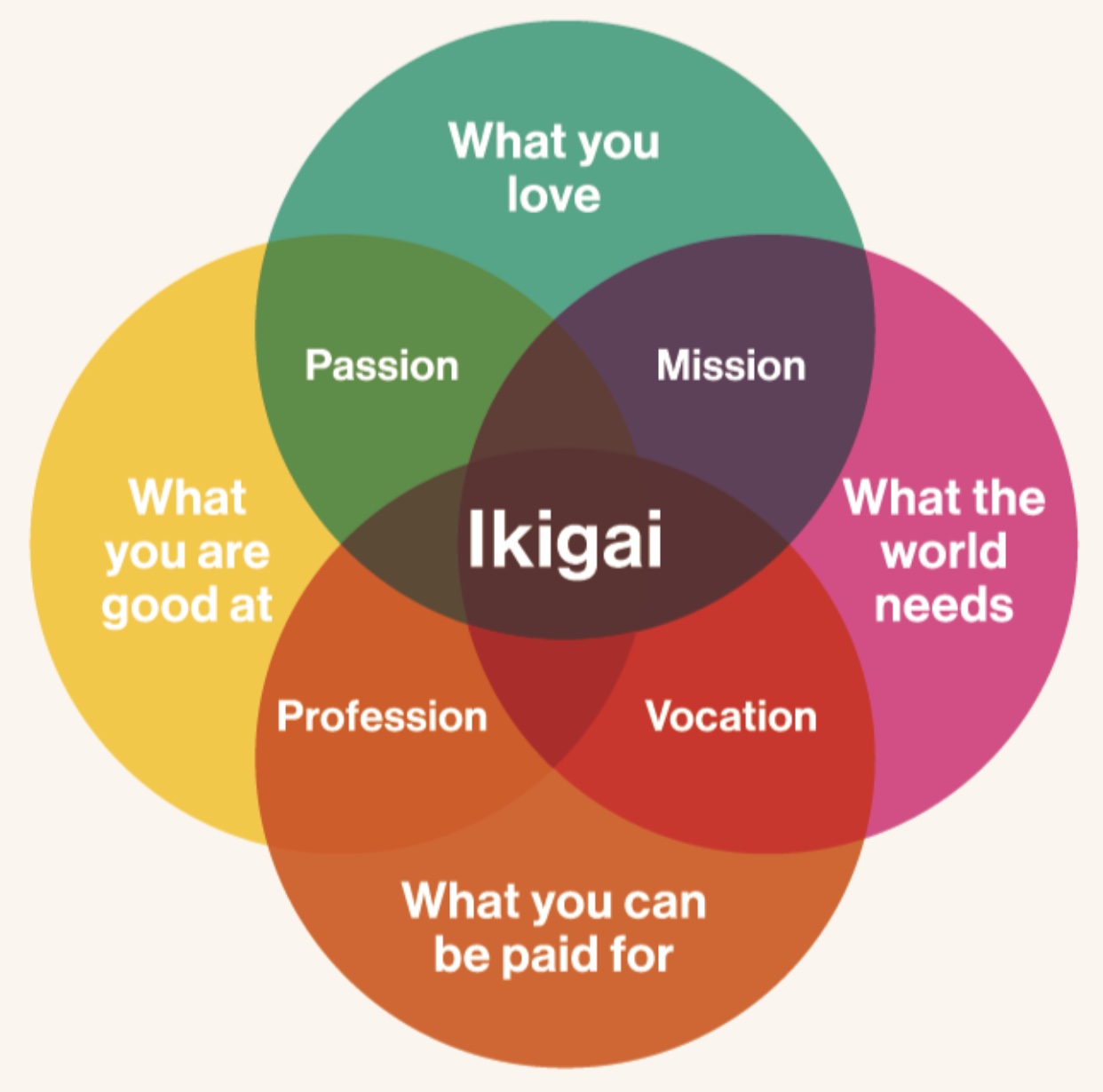
Quotes I want to keep when I need inspiration.
Mark Grungor - A tale of 2 brains
Women are much more complicated than men. Men are very simple. And you know why? It's because their brains are so different. First, I want to start with men. Men's brains are very unique. Most women don't realize that whether we are having sex or watching sports, our brains are made up of little boxes, we've got a box for everything. We've got a box for the car. We've got a box for the money. We've got a box for the job. We've got a box for you. We've got a box for the kids. We've got a box for your mother somewhere in the basement.
We've got boxes everywhere. And the rule is: the boxes don't touch. When a man discusses a particular subject, we go to that particular box, we pull that box out, we open the box, and we discuss only what is in THAT BOX. And then we close the box and put it away being very, very careful not to touch other boxes.
Now women's brains are very, very different from men's brains. Women's brains are made up of a big ball of wire. And everything is connected to everything. The money is connected to the car and the car is connected to your job and your kids are connected to your mother everything is all connected. It's like the Internet superhighway, and it's all driven by energy that we call emotion. It's one of the reasons why women tend to remember...everything.
Because if you take an event and you connect it to an emotion and it burns in your memory and you can remember it forever. The same thing happens for men. It just doesn't happen very often, because quite frankly...we don't care. Women tend to care about everything. And she just loves it.
Now men, we have a box in our brain that most women are not aware of. This particular box has nothing in it. In fact, we call it the "nothing box." And of all the boxes a man has in his brain, the "nothing box" is our favorite box. If a man has a chance, he'll go to his nothing box every time. That's why a man can do something seemingly completely brain dead for hours on end. You know, like fishing.
Now they've actually measured this. The University of Pennsylvania a couple of years ago did a study and discovered that men have the ability to think about absolutely nothing, and still breathe.
Women can't do it. Their mind has never stopped. And they don't understand the "nothing box," and it drives them crazy because nothing drives a woman more crazy and makes them feel more irritated than to watch a man doing nothing.
Jacinda Ardern
I hope I leave New Zealanders with a belief that you can be kind but strong, empathic but decisive, optimistic but focused. That you can be your own kind of leader, one who knows when it is time to go.
TED talk - Juliet Schor - the case for a 4 day-day work week
A one-page summary:
Main idea
Reducing the standard workweek to four days (while maintaining pay) is not only feasible but beneficial for workers, companies and society. It's a key lever for improving wellbeing, productivity, and even helping with climate and social issues.
Key arguments & insights
-
Burnout & stress are at historic highs — Many people feel overworked, disengaged, and exhausted. The pandemic accelerated this strain.
-
Trials of shorter work-weeks show promising results — Governments and companies (e.g., in Iceland, New Zealand) have implemented work-time reductions with no cut in pay and found that:
-
Workers report lower stress, better health, and improved work–life balance. (Boston College)
-
Productivity remains the same or even increases, because many low-value activities (e.g., unnecessary meetings) get eliminated. (New America)
-
Employers benefit via reduced turnover, easier hiring, better morale. (New America)
-
-
The "100-80-100" model : work 80% of the time, get paid 100%, achieve 100% of productivity. The key is reorganising work to remove waste, rather than simply compressing hours. (Sydney Business Insights (SBI))
-
Societal & environmental implications — By working fewer days we can reduce commuting, lower carbon emissions, enhance leisure and community life, and shift away from the mindset that more growth = better life. (Boston College)
-
Cultural/historical angle — The idea that "Americans must always work longer/harder" is challenged: historically the U.S. pioneered shorter work-weeks. Long work hours are not inevitable—they are choices. (Porchlight Book Company)
Memorable examples
-
In a trial of a U.S. company where after switching to a 4-day model: "Resignations and sick days are down, revenue has grown and customer satisfaction scores are outstanding."
-
The concept of "the forcing mechanism" — shorter hours force companies to tidy up inefficiencies (meetings, approvals, distractions) rather than simply expecting people to work less. (New America)
Takeaway message
-
Shortening the workweek is not just a worker-friendly perk—it can be a win-win: better quality of life for employees, and maintained or improved performance for organisations.
-
Implementation matters: it's about reorganising work, not just compressing days or expecting higher intensity.
-
The movement is gaining traction globally—what once seemed fringe is increasingly realistic, especially given labour market pressures, productivity opportunities and climate concerns.
-
For individuals: the extra day off means more time for rest, relationships, creativity, community—and less time lost to burnout or busy-work.
-
For organisations & policymakers: this is a signal to rethink the default model of "five days, eight hours each" and explore how work-time reform can support human and social wellbeing.
Elisa - 12-06-2016
A mysterious girl, she's very beautiful and wonderful. She can be quiet with a person, or loud with a group, but know she is an awsome person to be with.
She has guts which sometimes makes her look naughty.
Family is everything for her.
She is very curious about the future.
Wilson Mizner or Roy T. Bennett
Be kind, respectful, and humble to everyone you meet on your journey up because success isn't permanent, and those same people might be in a position to help you or offer support if you ever fall or need assistance on your way back down.

Ikigai (生き甲斐)
The point where talent and passion meet.
"Ik ben een meisje" - Roy Aernouts (2012)
Ik ben een meisje van 7 jaar
Ik wil een ijsje en speltjes in m'n haar
Eigen kamer en een prinsesje zijn
En ik wil aandacht en een weeshuis
En voor de rest vind ik alles saai
Ik ben een meisje van binnen
2 maanden 15
Ik heb een vriendje
Hij is 2m en 3
Ik heb ook al borstjes en wil dat iedereen ze ziet
En voor de rest vind ik alles saai
Ik ben een meisje
Ik ben een meisje van 24 jaar
Ik ben gelukkig, gelukkig maar
Ik wil trouwen en kinderen
Zo nu en dan ben ik een meisje van 34 jaar
Ik wil promotie
Ik krijg schummen op mijn huid
En ik weet nog steeds niet echt wie ik ben
En ik wou dat ik een jongen was
Maar ik ben een meisje
Ik ben een meisje van
Je zou niet zeggen
Maar ik word dit jaar alweer 42 jaar
Ik heb een minnaar
Hij is 24 jaar
En voor de rest vind ik alles saai
Ik ben een meisje van 54 jaar
Ik wil een klein kind
En het huis is veel te groot
En ik ben eenzaam
Ik verveel me dood
En ik wou dat het al kerstmis was
Ik ben een meisje
Ik ben een meisje van 63 jaar
Ik heb mijn haar geverfd
En ik heb een mooie bloes aan
Niemand let nog op mij
En ik ben moe en ik ben bang
En ik wou dat ik dood was
Maar ik ben een meisje
Ik ben een meisje van 78 jaar
Ik wil een ijsje
En speltjes in m'n haar
Ik ben een meisje

E-mailadres:
jnwa@animail.be